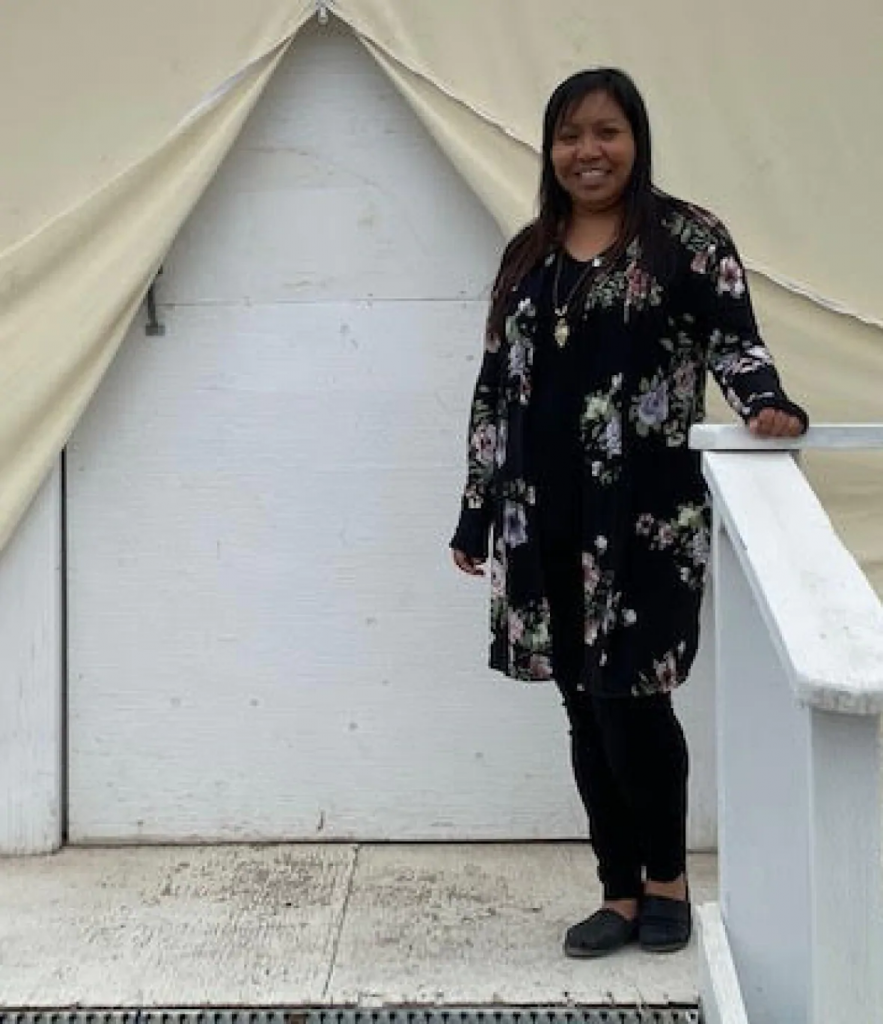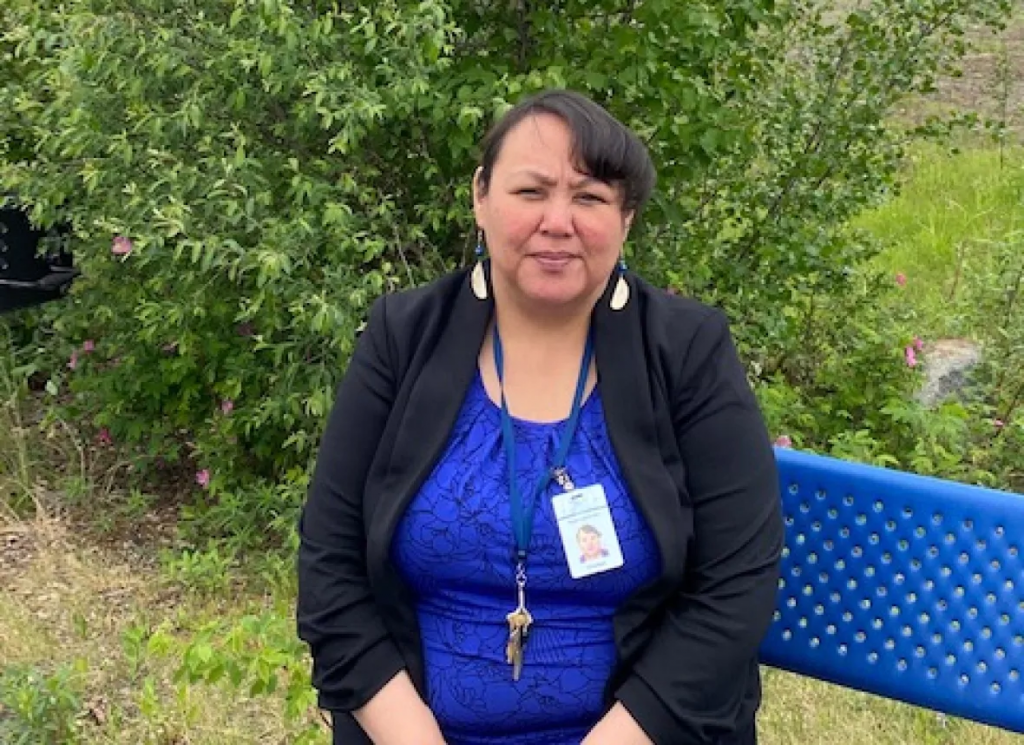Meet 3 Indigenous health-care workers helping keep Canadian Northern communities safe

Through the month of June CBC Indigenous has been sharing stories from Indigenous health-care workers across the country about their jobs, why they got into health care and how they have been responding to COVID-19.
Here are three workers from the North sharing their experiences.
Minnie Grey
Minnie Grey grew up in the Inuit region of northern Quebec watching her mother who was a caretaker and a midwife.
Grey herself got involved in health care almost 30 years ago and is now the executive director of the Nunavik Regional Board of Health and Social Services (NRBHSS). The regional board is in charge of the health network in that part of northern Quebec.
She said being involved in health care is her passion.
Grey said it’s been a rough few months in the region since COVID-19 began with one community having 14 cases and two others having one each for a total of 16 in the region.
“We got through it and we’re now COVID free,” she said.
“We’re still very, very busy to ensure that our public health guidelines are in place in order to keep our people safe.”
Jennifer Tetlichi

Jennifer Tetlichi is the regional manager of continuing care in the Beaufort-Delta region for the Northwest Territories Health and Social Services Authority. (Government of Northwest Territories)
Since she was in Grade 12, Jennifer Tetlichi knew that she wanted to work in the health care field.
She said she was always encouraged to go get an education and come back to help people in her hometown of Inuvik, N.W.T.
Tetlichi is now the regional manager of continuing care for the Northwest Territories Health and Social Services Authority.
In this role she is responsible for managing long-term care at a 2- bed facility in Inuvik and also manages home care and supported living.
Tetlichi is Gwich’in and was born and raised in Inuvik, but her family comes from nearby Fort McPherson.
She said having an Indigenous workers to help take care of the elders helps them feel more comfortable by incorporating their culture into the day-to-day care.
“One day I walked down there and there was an Inuvaluit worker that was drum dancing for an elder,” said Tetlichi
“Those things are fun to see, it makes work easier.”
Charlene Raddi

Charlene Raddi says she was also inspired by a family member to pursue health care.
Her Nana Pearl was a midwife who gave her the determination to take care of her people.
Raddi is Inuvialuk from Tuktoyaktuk, N.W.T., and is a registered nurse. She works in Inuvik for the Northwest Territories Health and Social Services Authority as a team lead for long-term care with responsibility for overseeing the staff, and the care of the residents.
When the pandemic hit, the health and social services authority put restrictions in place to protect vulnerable populations and planning began to figure out how the health care team would respond if cases came to the territory.
N.W.T. has had five COVID-19 cases total, and has gone almost three months with no new cases.
Raddi said the most rewarding part of her job is receiving acknowledgement from the elders that they are happy and being taken care of.
“That’s what made me feel better when I’m doing my work.”
Related stories around the North:
Canada: $1-million for Indigenous men’s mental health in Manitoba, Canada, Eye on the Arctic
Finland: Psychologists in Finland sign climate petition, citing concerns for youth mental health, Yle News
United States: Alaska capital budget vetoes to hit homelessness, addiction treatment, Alaska Public Media



